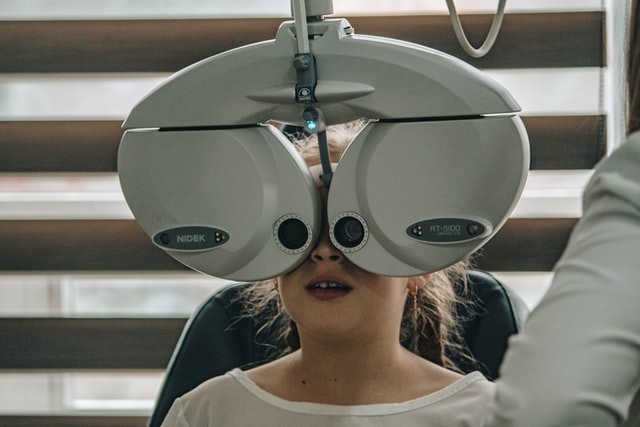
(Photo : A Guide to Protecting Your Eye Health)
Most people underestimate the importance of good vision until they experience an issue. However, people who take their sight for granted will have a greater risk of eye conditions in later life, such as cataracts, diabetic retinopathy, and macular degeneration.
If you're guilty of neglecting your peepers and want to proactively care for your vision, read this informative guide to protecting your eye health.
A Nutritious Diet
A healthy, nutritious diet could prevent the development of various eye conditions. If you want to enjoy perfect vision as you grow older, consume foods packed full of the following nutrients:
-
-
Zinc
-
Vitamins C and E
-
Common sources of the above nutrients can include green leafy vegetables, oily fish, eggs, beans, citrus fruits, and non-meat protein sources. Plus, a balanced diet can help you maintain a healthy weight and good blood sugar levels, which can slash your risk of diabetic retinopathy.
Quit Smoking
Smoking can damage your optic nerve and increase your risk of macular degeneration and cataracts, as well as other medical conditions. If you often struggle to quit the bad habit, talk to your doctor for advice, recommendations, and prescription medication options. While it might feel difficult quitting smoking initially, it could transform your vision, general health, and quality of life.
Protect Your Eyes in the Sun
Excess ultraviolet (UV) light exposure can increase your risk of sunburn of the cornea, macular degeneration, and cataracts. For this reason, you must protect your eyes when in the sun by wearing sunglasses that will block out 99% of UVA and UVB exposure. Also, if you wear glasses or standard contact lenses, you should make the switch to UV contact lenses to shield your eyes. Plus, there are options available for people living with astigmatism.
Take a Break from Your Computer
Staring at a computer screen for many hours can lead to various vision problems, such as:
-
Headaches
-
Dry eyes
-
Blurred vision
For this reason, you must take regular breaks away from your computer screen to allow your eyes to recover. If you wear glasses, ensure the prescription is up to date. Also, it might help if you blink regularly, add an anti-glare screen onto your computer, and give yourself a five-minute break at least once an hour.
Shield Your Vision with Safety Eyewear
If airborne or hazardous materials often surround you at work or home, you must shield your eyes with safety eyewear, such as protective goggles or glasses. Also, you may need to wear protective eyewear when playing various sports, such as lacrosse, ice hockey, or racquetball.
Don't Skip an Appointment with an Eye Doctor
Adults between the ages of 18 to 60 should visit an eye doctor at least every two years to protect their vision. During an eye exam, an eye doctor can test your vision, and they may even spot potential health issues you are unaware of, such as glaucoma, diabetes, a brain tumor, heart disease, high blood pressure, and more.
* This is a contributed article and this content does not necessarily represent the views of hngn.com








